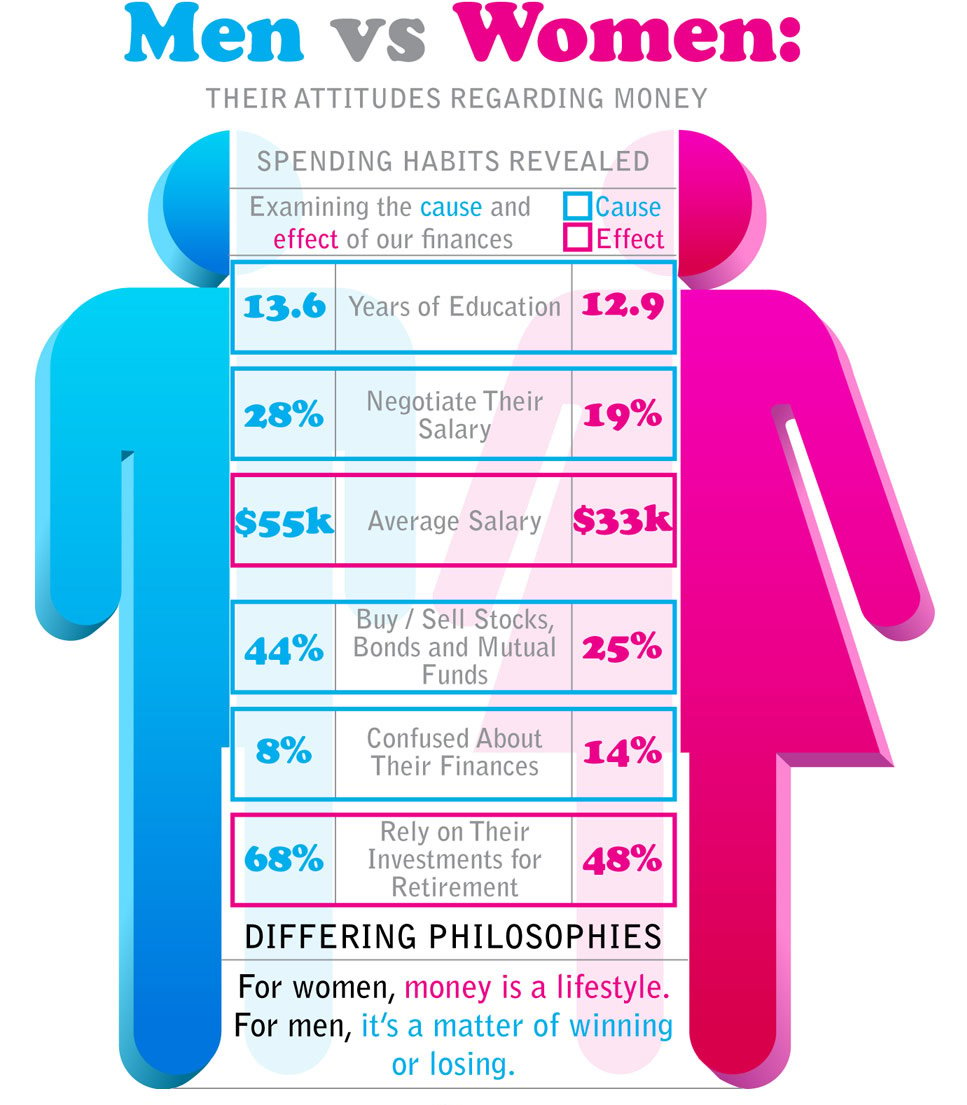

"As a therapist, I talk to men all the time about their emotions," he explains. That's just another stereotype we have, and unfortunately it becomes a bit of a self-fulfilling prophecy. It's not true that "men don't talk about their emotions," Kahn says. "One could argue that because masculinity can be associated with not being vulnerable, and commitment and intimacy involve vulnerability, that some men may appear or experience fear or resistance to commitment." "Generally speaking, I don't think men are afraid of commitment," Kahn adds. Some research suggests men are more likely to develop an avoidant attachment style, potentially because of the aforementioned differences in how boys and girls are treated in childhood. The three main adult attachment styles are secure attachment (you can easily love and be loved by others), anxious attachment style (you tend to need a lot of attention and validation to feel love), and avoidant attachment style (you tend to need a lot of space and can feel suffocated in relationships). Your attachment style is your way of behaving in relationships, and it's shaped based on your earliest interactions with your first caregivers.

This behavior is common among people with an avoidant attachment style. Again, it's easier to choose to leave yourself than to suffer through a possible rejection. Some people instinctively run away from serious relationships because they're too afraid of that possibility of heartbreak. Some people do experience fear when falling in love-because it's really scary to be that vulnerable! When you're falling in love, you have the possibility of getting hurt. Don't assume how he feels about things just because he's a man.Īnd so do some women. It's important not to make assumptions about what your man is and isn't capable of based on his gender, nor to pigeonhole him into certain stereotypes. That means the differences between men and women are not inherent: Women are not "naturally" better at talking about their feelings, and men are not "naturally" more logical. However, this difference could have impacts on how people think, interact, and navigate the world." "Of course, people push back on the ways in which their world is trying to socialize them and push back on those expectations. "Different genders are socialized differently and, generally speaking, often have different societal expectations," explains Jesse Kahn, LCSW, CST, sex therapist and director at The Gender & Sexuality Therapy Center. That stuff all sticks with us and affects the kinds of people men and women grow up to be. Research shows parents use more words about emotions with their daughters ( supporting better emotional intelligence) and more words about spatial objects with their sons ( supporting better STEM skills). Culturally, we do tend to raise boys and girls differently: Boys are rewarded for being tough and adventurous, while girls are rewarded for being good caretakers.


 0 kommentar(er)
0 kommentar(er)
